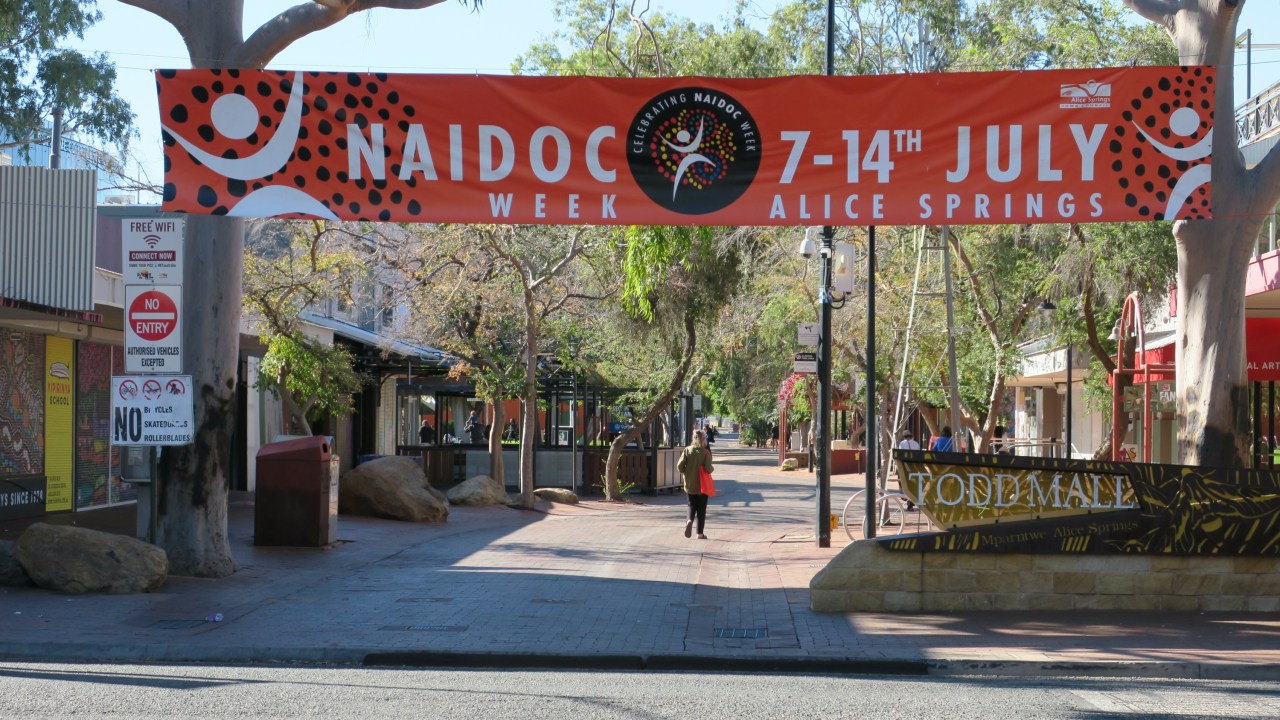The Northern Territory Police Commissioner will not extend a curfew in Alice Springs.
Sky News understands a decision was made this morning not to extend the measure that was implemented on Monday following a series of violent incidents last weekend, including the serious assault of four off-duty police officers.
Police Minister Brent Potter is expected to make an official announcement soon.
It is understood police and the NT Government plan to focus on moving people back to their communities, rather than extending the 72-hour curfew.
Thousands of people from surrounding Indigenous communities travelled to Alice Springs last weekend for the annual Show and NAIDOC Week celebrations.
Northern Territory Police Commissioner Michael Murphy announced the three night curfew on Monday after fresh outbreaks of violence rocked the local community.
Early on Sunday morning, a group of 20 males, some of whom were youths, allegedly surrounded and violently assaulted four off-duty police officers, robbing two of them before fleeing the scene.
Two of the officers, both women, were taken to hospital with minor injuries, with one having been punched in the face and kicked multiple times while the other was dragged to the ground by her alleged attackers.
Another officer was also punched and kicked multiple times.
NT Police are urging any witnesses to come forward an assist with their investigation into the alleged attack.
On Monday, the Commissioner confirmed speculation another lockdown was imminent, announcing a fresh curfew from 10pm to 6am beginning the same night and lasting until Thursday morning.
“This afternoon I’ve signed off on a Public Social Disorder Declaration that will be effective now, but will only come into operation between 10pm and 6am over the next three nights,” he told media in Alice Springs.
Commissioner Murphy added NAIDOC week celebrations and other community concerns meant he had to “carefully consider” the impact of any restrictions before making the announcement, saying he did not want to “disrupt” important events.
It was “more important than ever” that police had community support in addressing underlying causes of unrest, he continued, explaining the solutions lied “in the community and the leadership”, rather than the criminal justice system.

